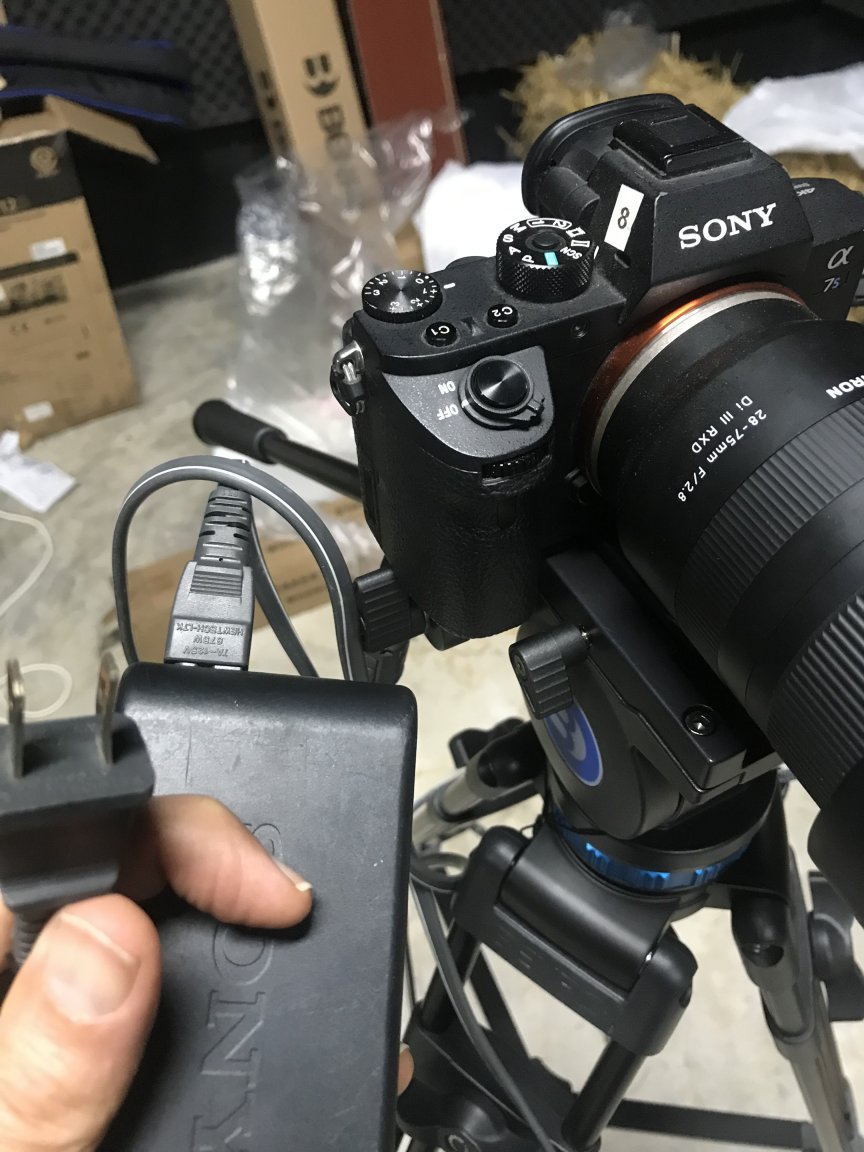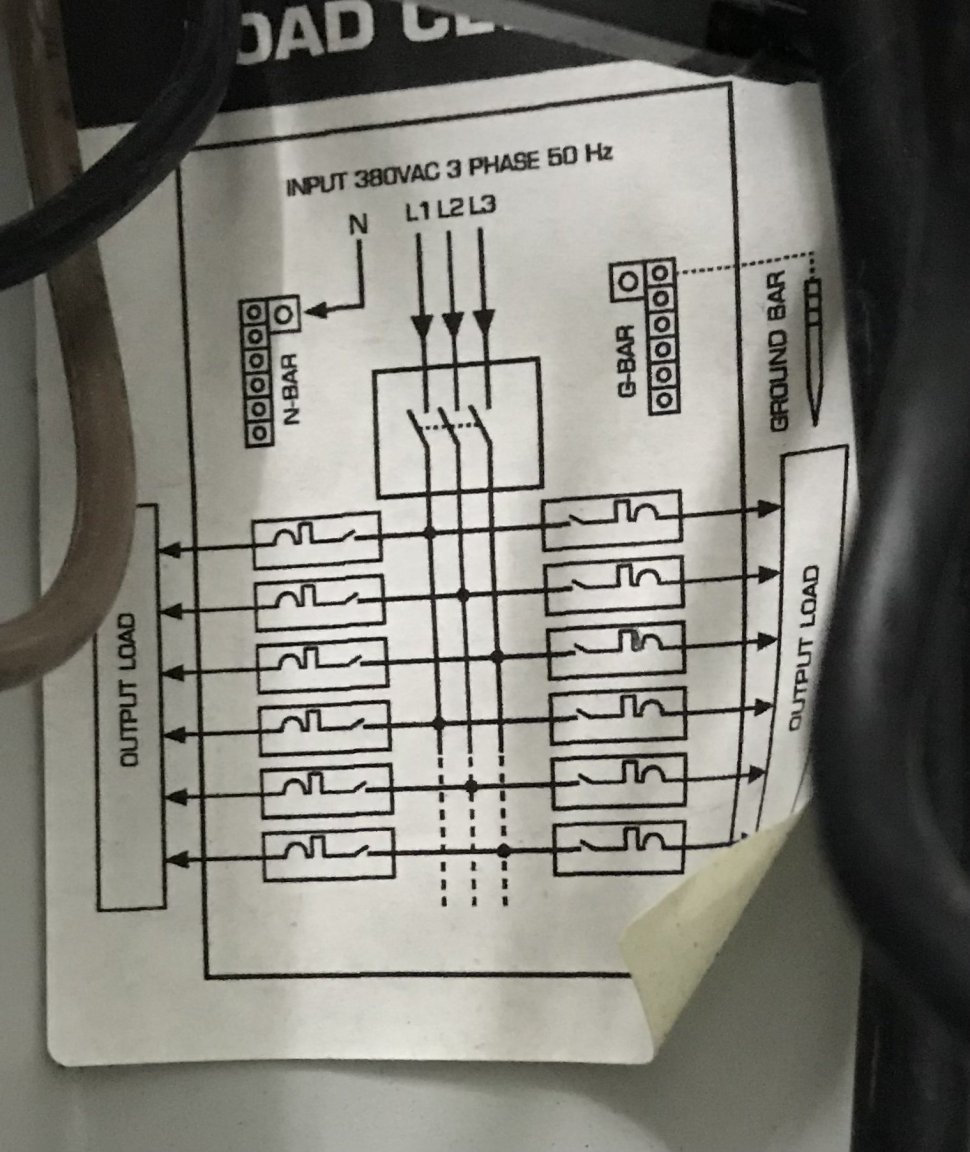
SunshineHarvey7
-
Posts
92 -
Joined
-
Last visited
Content Type
Profiles
Forums
Downloads
Posts posted by SunshineHarvey7
-
-
On 2/10/2023 at 2:59 PM, stoner said:
i have just done this with the townhouse i am in. this is out first month with 3 phase.
Did you switch because you heard 3-phase is cheaper? Let us know how your bills compare, keeping in mind that last month was cooler (so you might have used less power for A/C).
-
16 hours ago, Woof999 said:
I believe that a kilowatt hour is a kilowatt hour regardless of the number of phases.
Typically a household 3 phase supply in Thailand will still be using a single phase for a single circuit (no 3 phase motors running, or example).
I cannot think of any reason why a 3 phase supply would be any cheaper. In fact, outside of Thailand, a 3 phase supply would attract extra fixed charges.
I have a 3 phase supply at my home. The bill looks no different than it did at other homes with a single phase supply, as far as I can tell.
That’s what I would expect. I guess I’m going to ask if I can see the bills before and after they switched from 2-phase to 3-phase. Of course, the best comparison is with two months that had similar weather.
-
I have had more than one friend say they converted to 3-phase power and their bill went down. Can anyone explain that? When I looked for PEA rates, there seems to be no mention of lower rates for 3-phase power.
-
We are open to “hybrid” options, as the village has recently added hydro power (which has its down times).
-
I have a friend who has a 24v solar system. After a few years, the non-branded inverter quit. Fortunately they had a smaller backup inverter.
It seems that 24v inverters aren’t so popular, which is understandable, as most off-grid people want more power than a 24v system can offer, but these people have minimal demands.
Any suggestions for a brand with a good record / reputation? Any thoughts on “Applegreen”?
-
I have friends who live where there might be 1 bar of cell signal—just enough for a text message to drift in occasionally. Other than that, they have to take a motorbike to another location 10 minutes up the mountain.
Does anyone have experience with a 3G/4G router or cell phone repeater that could actually function with such a weak signal?
Any suggestion for the highest gain antenna for 2G/3G/4G bands?
i purchased a cellular repeater, and it seems to make a negligible difference. And I have 2-3 bars of signal at my house. One friend has the same repeater at his remote location, and it is useless (Though it has an antenna, it always says it has no signal.)
Any suggestions?
-
5 hours ago, bluejets said:
No, I quoted you so looking for your response as you made the statement.
Crossy is a trained professional, as I am, so he would already know any test proceedure.
I'm just curious where you actually placed the test probes of this voltmeter to get the so called "leakage voltage" reading and the type of meter used.
Was there any other device connected to the "test points" in question.
The tingle alerted us to the leakage, and then I used my “Uni-T” digital volt meter to measure voltage between me (or the “ground” in an outlet) and a piece of bare metal on the camera body.
-
2 hours ago, Crossy said:
Adding a ground to the camera certainly won't hurt (if it has RCA connectors the shield makes a good access point to the metalwork). Beware of earth loops introducing hum on the audio if you have wired connections into the studio kit (although those ought to stop the tingle by themselves if the studio is properly grounded).
Yes, I may screw a ground wire to each camera tripod.
-
 1
1
-
-
2 hours ago, bankruatsteve said:
Most "tingles" are < 1mA.
That’s very helpful
-
On 5/6/2022 at 4:48 AM, Crossy said:
The actual leakage is very small and not hazardous in itself
What makes a shock hazardous? I suppose it’s combination of sufficient voltage AND current, as even thousands of volts (as in static electricity) isn’t fatal if the current is small enough. (Just wondering if there is a way that I can satisfy myself or others that the “leaky” voltage may be annoying but isn’t hazardous.)
-
On 5/6/2022 at 2:03 PM, digbeth said:
you can run a separate ground from the chassis of the camera where there's exposed metal to the ground in the wall outlet
Yes, it seems likely that we will do that.
-
2 hours ago, bluejets said:
It would be interesting to know just how you "tested" for leakage.
You asking me or @Crossy? I can feel it, and I’ve measured it using my digital volt meter.
-
44 minutes ago, Crossy said:
As a "solution" it's the slippers or a less conductive floor covering I'm afraid.
So far, that’s the best solution we have found.
-
On 5/6/2022 at 5:47 PM, CrunchWrapSupreme said:
First thing I did after I met my wife and began visiting her folks, was replace all the 20 year old sockets in the house.
Nice. I don't know about you, but in the last 10 years or so, it seems like the quality of outlets and light switches available at most hardware stores has gone DOWN. Kinda disappointing.
-
On 5/6/2022 at 5:35 PM, Crossy said:
Thanks ^^^, and the plug at the adaptor end is also 2-pin?
It's possible that the adaptor has gone leaky internally for which the solution is a replacement ???? Can you beg or borrow another to try?
EDIT Is this occuring in the building in your other thread with the apparently excessive current in the N-E link? Is it the same elsewhere?
Yes, the AC cord is 2-conductor at both ends.
We have three cameras of the same model, and all three behave the same way.
Yes, this issue is occurring in the same building with funny questions about 3-phase. However, I've measured leaking voltage on the camera chassis at two completely separate locations (one a house and one a church). Thus I'm less suspicious that the problem is caused by poor wiring at the studio.
-
3 minutes ago, Crossy said:
You definitely seem to have significant diverted neutral current heading off down your ground IF it is wired as the diagram (I admit I'm still not convinced) you have a problem that needs looking at.
Know of anyone you’d recommend in the Chiang Mai area who knows 3-phase and might be willing to take a look?
-
-
19 minutes ago, digbeth said:
you can run a separate ground from the chassis of the camera where there's exposed metal to the ground in the wall outlet or a known good ground
I’ve suggested this approach to my friend, but I think he considers this to be just a bandaid and a nuisance if the real solution can be found in good and proper wiring.
-
On 4/20/2022 at 2:58 PM, Crossy said:
Are you absolutely certain!!!
Because if that is correct you have a very big problem!!
Actually, as I think BlueJets suggested, for 3-phase service, it appears that the incoming neutral and ground wires are both connected at the right points, according to a mfr sticker I noticed inside the breaker box.
i came into the office one day before most of the staff arrived. As all of the computers were off, and only some lights and a kitchen appliance were in use, only 1 of the three phases had a current exceeding 1 amp. I checked the current on the neutral/ground bonding (NGB) wire, and it was around 2-3 amps.
Then I shut off the main breaker, which cuts L1, L2, and L3, and the NGB current dropped to zero. That led me to conclude that my NGB current is not due to other PEA customers or street lights, etc.
i turned the master breaker back on, and later in the day when most computers and other requirements would be on, I checked the current on the NGB. Again, it was more than 5 amps. As I recall each of the 3 phases (L1-L3) had around 3-5 amps.
Again, if those who have experience with 3-phases systems can say this is “normal,” I’m happy to let this issue rest.
-
8 hours ago, Crossy said:
Otherwise, avoid using the camera with the adapter or break out the rubber flip-flops.
I had already pretty much resigned myself to this approach, but my friend (who usually visits Thailand for a few weeks at a time) is having a hard time believing that there isn’ta real “fix”—especially when some who talk like experts tell him his problem is due to poor wiring.
-
8 hours ago, Crossy said:
Is the camera / adapter a known brand (Sony etc.)?
You could try reversing the plug in the outlet
Yes, it’s the official adapter for a Sony professional camera.
Tried reversing the laptop plug and the camera plug. No improvement in either case.
-
3 hours ago, bankruatsteve said:
Yah. It is "normal' in that many Thai homes do not have proper ground to the receptacles. And/or plugs are not 3-prong to use the ground.
Does the OP know the condition of his house (with reference to ground)?
I have no problem with equipment that uses a 3-prong plug. Grounded outlets work well. My original question pertains to 2-prong devices, such as many devices with ac-dc adapters. Is there any way that a building can be wired so these devices won’t have a “shocking chassis”?
-
11 minutes ago, bluejets said:
Best to get someone qualified to do some investigation as it would be impossible to define exactly from a distance on a forum.
Are you in Chiang Mai area? Or does anyone recommend someone in Chiang Mai that could do a site consultation?
-
39 minutes ago, fdsa said:
Most people I've told about that said "these sparks are completely normal".
That's my point. Question is, if you were building a new building, could it be wired so that you wouldn't get the typical shocking?
.png.3b3332cc2256ad0edbc2fe9404feeef0.png)


"Normal" shocking in Thailand
in The Electrical Forum
Posted
A little follow-up:
An electrician friend was visiting from America, and he was rather determined to eliminate the tingle. He suspected possible issues with the grid power (faulty incoming ground, etc.), so he bought a cheap generator and connected the video cameras. The cameras were plugged into it using their two-prong plug (thus no grounding connection), and the generator had no earth/grounding wire. To our amazement, the camera's still put out a significant voltage (around 50? volts), but not enough voltage/current to feel it.
He wasn't satisfied, so he purchased an isolation transformer. It was a bit spendy, ias the only one he could find came from the UK. (Couldn't find any for sale mfr'd in Thailand!) The isolation transformer had a weird European(?) plug that has two round prongs, and the ground connection is on the side. I found a grounded adapter for it in a shop in Chiang Mai.
At first, I connected the isolation transformer without the grounded adapter. It reduced the camera's voltage leak the same as the generator--from 80+ volts down to 50+. Then I connected the grounded adapter so that the isolation transformer's ground would be connected. I expected no improvement since the camera had a two-prong (non-grounded) plug. However, the camera's leakage reduced to 30+ volts. (Surprising to me!)
Thus, short of adding a ground wire to the camera, an isolation transformer does the most to reduce the leakage.